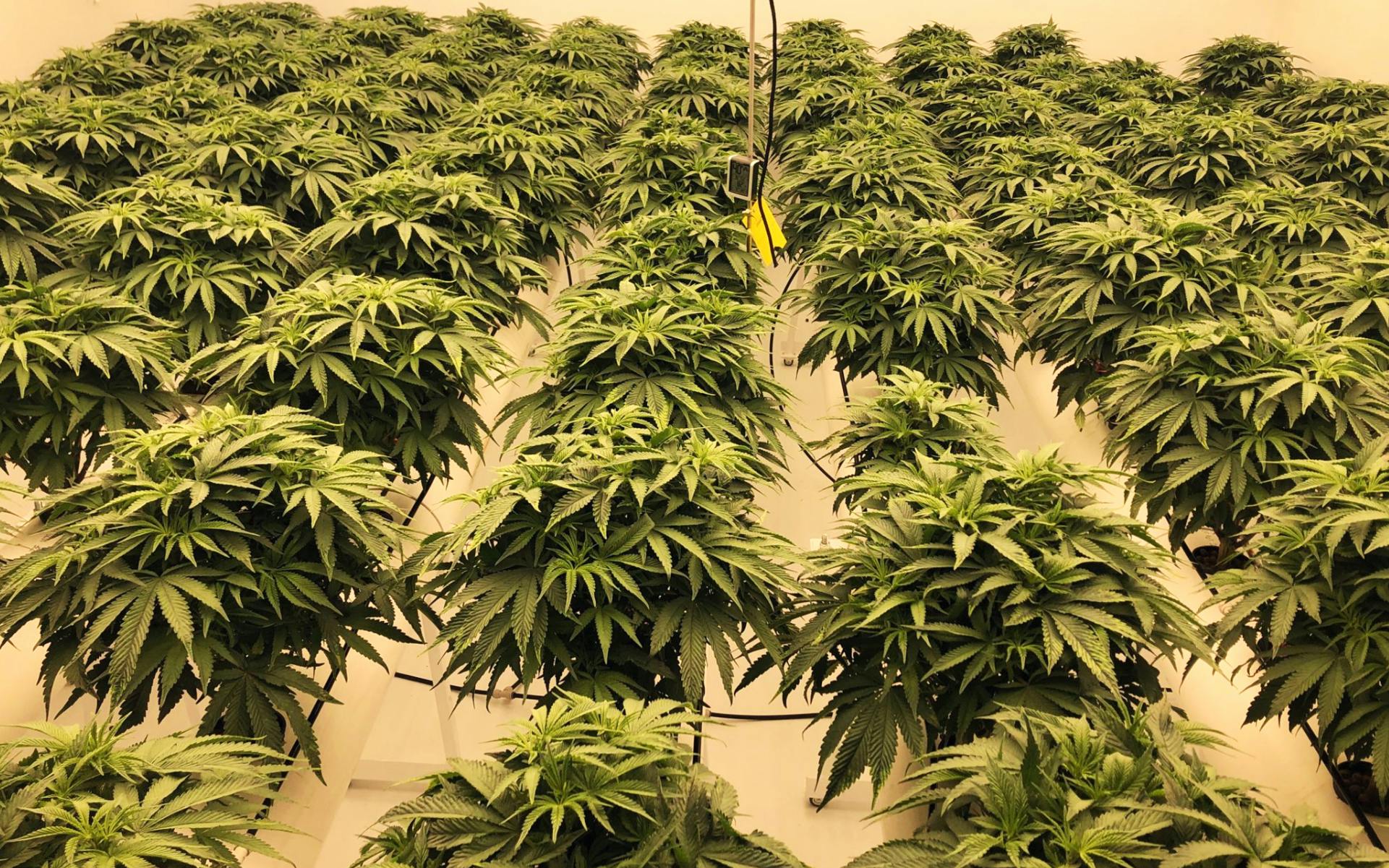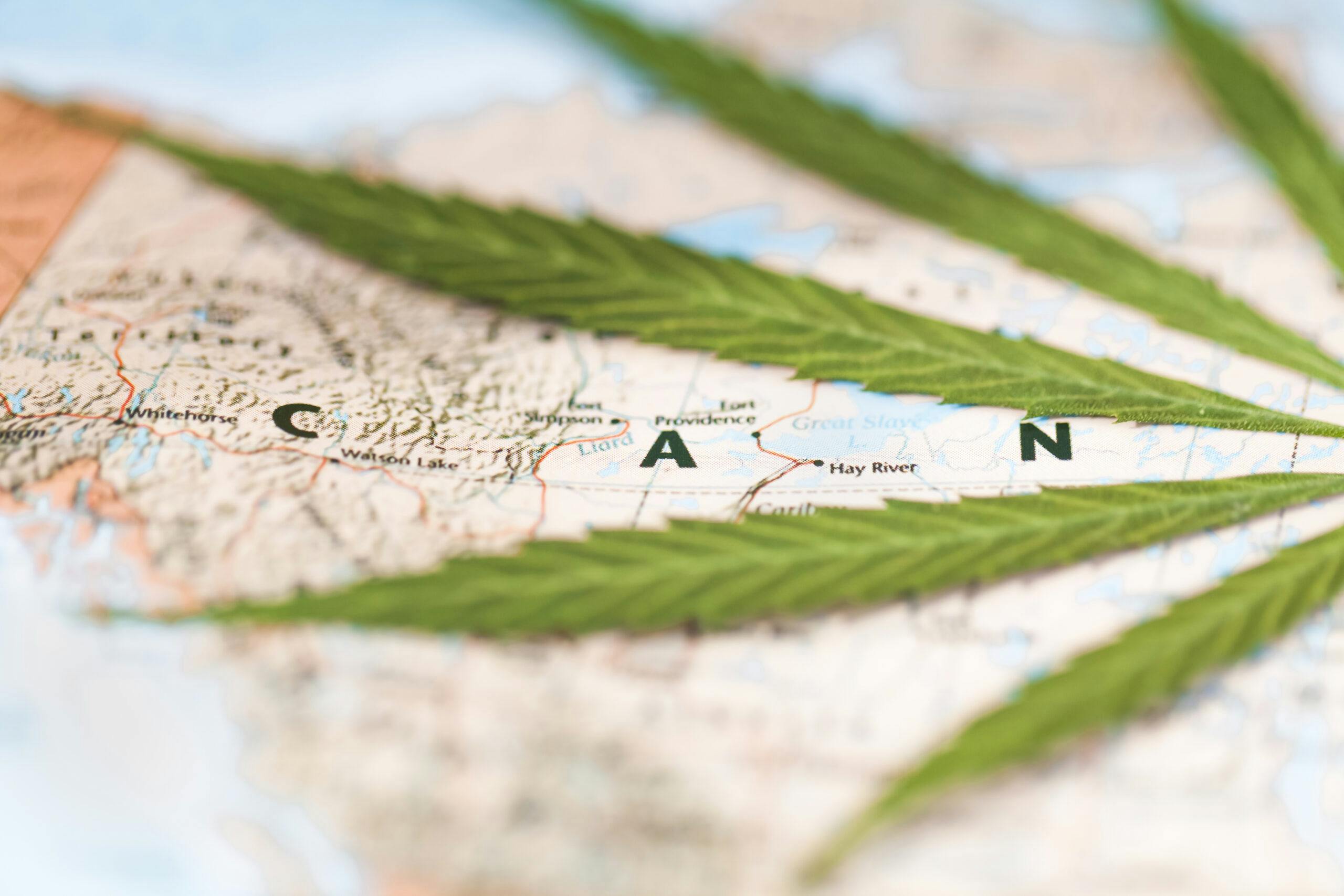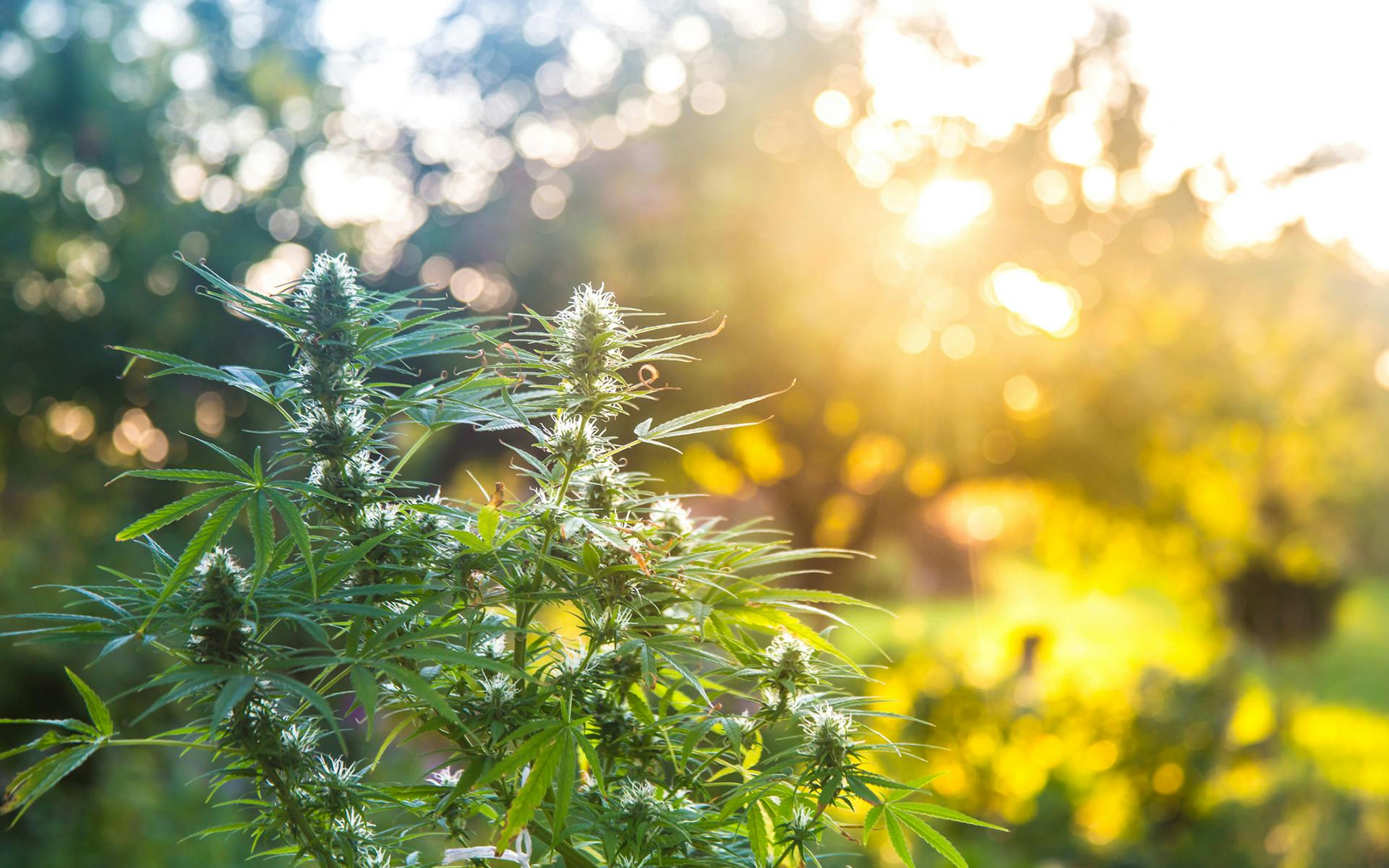The past year was a big success for micro-cultivators as the number of licence holders across Canada continued to grow. Most licences are still for standard cultivation overall, but micro’s are gaining momentum—both in the industry and with consumers.
The journey of a micro brand isn’t an easy one. Maintaining a successful company with high taxes and operating costs, paired with low prices for their products, can be a challenge. Despite these difficulties passion for the plant is prevailing, with larger cultivators and consumers are taking note.
Micro-cultivators like Organnicraft, North 40, MTL Cannabis, Weathered Islands, Origin Coast, and Black Kettle Farms—just to name a few—have been making waves in the last year with new products on the market that have been dominating the online reviews in places like Twitter, Youtube, Reddit, Instagram, and TikTok.
Smaller batches = better weed?
Cultivation licences in Canada allow for growing, harvesting, drying, trimming and packaging cannabis for bulk sale. To be licensed as a micro-cultivator grow rooms can be no larger than 200m² in total.
Of the more than 260 cultivation licences issued this year, about 130 were micros, of which 11 were nurseries, making micros the most common licence issued in 2021 (albeit only by a few).
So what makes micros so popular? The weed.
Micro-cultivation of cannabis is like any other specialized crop, the yield is smaller but the quality is often higher. Led by a Master Grower, cultivation teams can spend more hands-on time with the plant in every stage of growth.
According to consumers, micros grow more flavourful and potent cannabis than the larger-scale providers.
Micro-producers in Canada are emerging as successful companies and brands, with products that are delighting connoisseurs and bringing more “legacy” consumers into the growing number of retail stores.
Big brands can be partners instead of competition
The ability to produce a higher quality product than many of the larger companies appears to be a big advantage for a lot of micros. In some cases, larger licensed producers are reaching out to work with micros to bring their products onto the market under their guidance.
“They told me, ‘look, we can make the ketchup, but we can’t grow the tomatoes’. They have connections with provinces, some are even bigger buyers than the provinces. But we’re the ones growing what consumers want.”
Albert Eppinga, BC Cannabis Inc.
This way micros can focus on high quality, small-batch products, the larger producers can rely on marketing, distribution, and relationships with provincial distributors and retailers, says Logan Dunn of Dunn Cannabis, a micro-cultivator in BC’s Lower Mainland.
Dunn Cannabis is now working with another BC producer, BZAM, who in addition to operating a handful of production facilities of their own, also source products from other producers to sell under their own array of brands.
Dunn says he’s found a happy home with BZAM after trying out a few different partners. “They’re bringing scales of economy when it comes to things like costs of packaging and distribution,” he explains.
“That goes a long way. They really let us focus on producing products that are really good, they bring a sales force that helps push out our craft products across the country. And that is something that is invaluable for a micro.”
BZAM is not the only larger producer working with a micro. Aurora Cannabis began partnering with Saskatchewan’s North 40 Cannabis earlier this year, a micro-cultivator and processor.
Aurora first began supplying North 40 with genetics from their own extensive genetics library this past year, ensuring their top-of-the-line genetics have a chance to be grown out with the specialized care a micro-cultivator can provide.
Delta 9, a larger licenced producer based in Manitoba, has also supplied distribution and logistical help to a dozen of licenced producers, helping them through the licensing stage, even supplying equipment and genetics, and then purchasing their products for distribution into their own networks and retail stores.
High THC genetics are still in demand
Micros may have brought their interesting and unique genetics when they were licensed, but these cultivators aren’t always capable of getting the high THC numbers provinces and consumers continue to demand.
Strong industry relationships and partnerships are essential to ensure the kinds of genetics consumers are demanding, says Dunn. Something that is particularly important for micros.
Albert Eppinga, who owns BC Cannabis Inc, a micro-cultivator on Vancouver Island, agrees that one of the big challenges for small producers is ensuring they have a high THC crop, and finding distribution deals that can provide timely payment.
“If you’re not growing top-notch stuff, with the right genetics, it can be hard. THC is key in the industry right now and needs to be at least 22-23% to get over $3 a gram. It’s good work if you can find good genetics and produce a good high THC flower.”
Eppinga currently operates in partnership with a larger conglomerate of micro-producers in Sooke, BC on Vancouver Island, who then sell under one common brand in several provinces, including BC, Alberta, Saskatchewan, and Manitoba.
Like Dunn, and a few other micros, he says he is also in talks with a few larger producers who are interested in distributing his products.
“They told me, ‘look, we can make the ketchup, but we can’t grow the tomatoes’. They have connections with provinces, some are even bigger buyers than the provinces. But we’re the ones growing what consumers want.”
High-THC flower might get upwards of $3 or $4 a gram wholesale, Eppinga explains, but smaller buds might only get around $1 or could be rejected outright. After operating costs, it can be a good living, but it still requires a lot of hard work.
Will micros continue to thrive in 2022?
As flower prices continue to drop, micros must balance operating costs with an MRSP that is still enticing to consumers. Keeping a tight business model will be key to surviving this continued price compression and increased competition.
“I think 2022 will continue to be challenging for micros as we each try to find our place in the market,” says Michael Fong, the owner of Origin Coast, a micro-cultivator and processor in Nova Scotia.
“Large LPs will continue to source unique genetics and high-quality dried flower from [micros] but with higher specs as the market continues to chase high THC,” explains Fong.
“Our operating margins will narrow as a result of dried flower prices [due to] the increased supply of high-quality product on the market and inflated costs due to supply chain challenges related to COVID.”

This sentiment is echoed by Kyp Rowe, director of cannabis at Shelter, a distributor who works with numerous micro-producers for sales through provincial channels and their own medical platform, says the next year staying nimble and able to operate at a low cost is key.
“Micros are in a saturated state at the moment,” says Rowe. “With over 200 across Canada the avenues to get products on shelves is becoming gridlocked with competition.”
“Farmers in 2022 will need to grapple with low per-gram prices, the need for constant cultivar changes in a fickle market, and they will need to develop strategic partnerships with processors and distributors.“
“The key to navigating these waters is to first ask themselves, are we a brand or are we simply farmers?”
Kieley Beaudry, owner of Alberta micro-cultivator and processor Parkland Flower and President of the Alberta Cannabis Micro Licence Association (ACMLA), is optimistic about micro-cultivation in the upcoming year.
“This will be the year of sales licences for many micros if they have survived the first two years that micro licences were allowed,” she says.
“Tenured micros will start processing for other micros and I believe we will start seeing smaller operations working together to fill SKUs of larger craft operators. Micro-processors will be bringing more unique artisan products to market, which I believe is a gap that is still not fulfilled or developed.”








